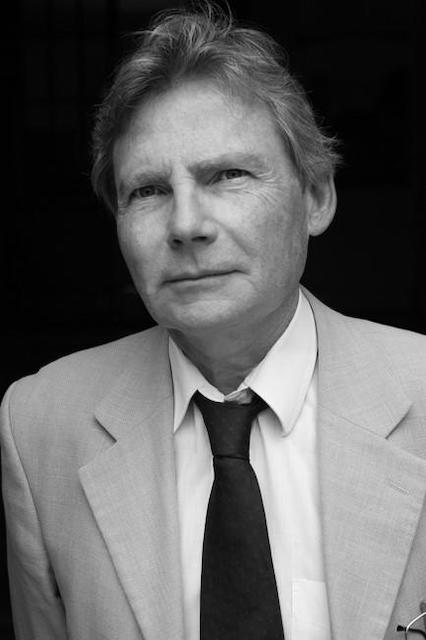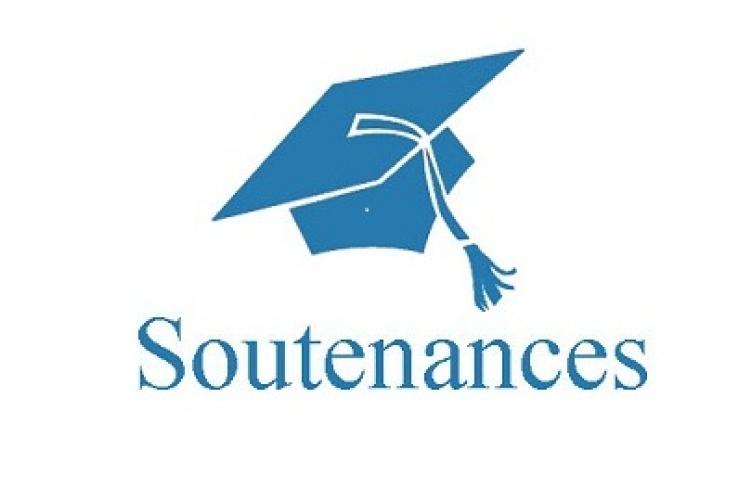La Direction des relations internationales de l’École des Hautes Études en Sciences Sociales (EHESS) organise avec le soutien de la Fondation France-Japon et les collègues de l’Université de Kyoto, une journée de séminaires ouverts à tous et toutes :
Lundi 19 février 2024, 9h30-18h
54 Boulevard Raspail à Paris, Salle BS1-28
PROGRAMME DE LA JOURNÉE
Opening
9:30 – Welcome words from Romain Huret, President of EHESS and Leopoldo Iribarren, VP for International Affairs of EHESS
9:45 – Introductory remarks from Chiyoko Kanno, Research Administrator of the Kyoto University European Center, and Sébastien Lechevalier, President of FFJ-EHESS
1st panel discussion: Artificial Intelligence
10:00 – Emmanuel Dupoux (Laboratoire de Sciences Cognitives et Psycholinguistique, EHESS) « How AI helps us to understand how humans learn, and vice versa »
10:20 – Takuro Onishi (Graduate School of Letters, Kyoto University) “Logic of Agent: Exploring Interactions between Human and Artificial Agents”
10:40 – Julia Velkovska (Centre d’étude des mouvements sociaux, EHESS), « The illusion of natural conversation: interacting with artificial conversational agents »
2nd panel discussion: Care, Ageing, Migration and Gender
11:20 – Mario Ivan Lopez (Center for Southeast Asian Studies, Kyoto University) “Shaping the Future of Care: Japan’s Strategic Embrace of Skilled Migrant Workers for an Aging Society”
11:40 – Beatriz Fernandez (Géographie-cités, EHESS) “Ageing in large cities: mobility and immobility”, presentation of the project ENVERSMET
Lunch break – 12:30 in the hall
Focus on institutional academic collaborations
14:00 – Presentation by Harald Füss (Professor for Cultural Economic History and Director of the Graduate Program in Transcultural Studies, Heidelberg University) – The first official joint graduate degree in the humanities and social sciences between Japan and Europe: Kyoto and Heidelberg M.A. in Transcultural Studies
14:40 – Presentation by Chiyoko Kanno, Research Administrator, Kyoto University: “The experience of the Kyoto University European Center” and Futaba Fujikawa, Deputy Head of the Humanities and Social Sciences Division, KURA: “KURA, the Kyoto University Research Administration Center”
3rd panel discussion: Well-being
15:30 – Kengo Konishi (Institute for the Future of Human Society, Kyoto University) “Anthropology of “縁”en and its potentiality: Festivities, Bodies, and Community Well-being”
15:50 – Laurent Berger (Laboratoire d’anthropologie sociale, EHESS) “The invention of tradition as ritual politics: the making of royal authority in a sacred Malagasy kingship”
16:10 – Takahiko Kameyama (Institute for the Future of Human Society, Kyoto University) “A Body as the “Mediation”: The Logic of Classification in Japanese Buddhism
Concluding remarks by Chikoyo Kanno and Sébastien Lechevalier – 17:00
=> Les séminaires seront dispensés en anglais, aucune inscription n’est requise.
Contacts : international@ehess.fr, ffj@ehess.fr



